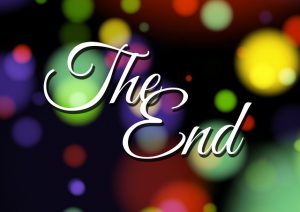 Have you ever read a book that had so much description you got lost in the writing, but not in a good way—in a what-were-we-talking-about way?
Have you ever read a book that had so much description you got lost in the writing, but not in a good way—in a what-were-we-talking-about way?
Or how about this—the handsome hero in a romance novel is shown down to the last freckle, but it’s not a description you find attractive?
Description is peevish. Too little and your reader can’t visualize anything. Too much and you can confuse your reader or describe something a reader might not like.
What’s a writer to do?
I can’t remember if it was Sol Stein, Jon Franklin, or Jack Hart (sorry—I can’t find the correct attribute in my notes), but I will never forget his advice because it’s the perfect solution to the description problem:
The Envelope Method
The premise is simple: Share enough detail to create an envelope, then let the reader fill the envelope with their own ideas.
For example, tell the reader the hero is six-two, trim, and clean shaven with salt-and-pepper hair. If he has a specific trait that sets him apart—a cleft chin, crooked nose, or curly hair—show that, but then let the reader fill in the rest.
The same is true for settings. Rarely do readers need to know every color, species, and location of each flower in a one-acre garden. Nor do they need to know the color and texture of every carpet, sofa, and drapery in a house. The exception, again, would be a character who notices those things (an interior designer in a historic Victorian home) or a setting that’s an integral part of the plot (two people fighting over whether the garden should be flowers or vegetables).
For many readers, creating their own images of people and places is part of the joy of reading. Don’t rob them of that joy! Give your readers just enough detail to lead them in the right direction, then let them figure out the rest on their own.
If you have questions about the envelope method or writing descriptions, leave a comment or contact me at karin@writenowedits.com.
For more fiction-writing tips and advice, follow me on Facebook at Writing Now Editing, or sign up for my monthly newsletter and learn the easiest way to make a good impression with agents and publishers!



